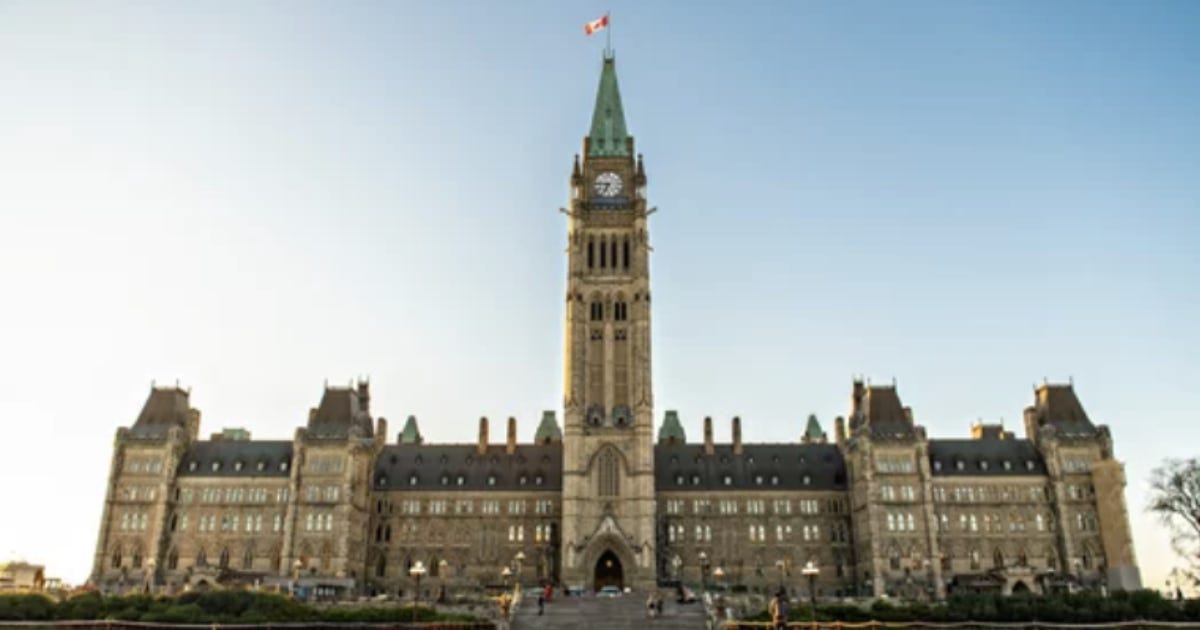Federal bureaucrats raked in $190M in bonuses
As many Canadians struggle through an affordability crisis, federal Crown corporations showered bureaucrats with over $190 million in bonuses for the 2024-25 fiscal year.
As many Canadians struggle through an affordability crisis, federal Crown corporations showered bureaucrats with over $190 million in bonuses for the 2024-25 fiscal year, despite often failing to meet their own targets.
“Bonuses are for when you do a good job, they shouldn’t be handed out like participation trophies. Taxpayers can’t afford to bankroll big bonus cheques each and every year for highly paid government executives,” said CTF federal director Franco Terrazzano in a statement on Monday.
“Here’s a crazy idea: maybe the government should stop handing out bonuses when it’s borrowing tens of billions of dollars every year.”
The records were initially released in response to an order paper question submitted by Conservative House Leader Andrew Scheer.
That figure does not include bonuses for federal departments and agencies, as those records have yet to be released. However, between 2015 and 2023, the government distributed more than $1.5 billion in bonuses to bureaucrats employed by federal departments and agencies.
A report from the Parliamentary Budget Officer said that such bonuses have continued despite the fact that “less than 50 per cent of [performance] targets are consistently met within the same year.”
Via Rail, which has received $1.9 billion in government funding over the past five years to cover operating losses, awarded bonuses to every executive last year, averaging $110,000 per executive, despite the company’s financial struggles.
A total of $11 million was given in bonuses to the Crown corporation, which faced $385 million in operating losses last year alone.
The Business Development Bank of Canada issued more than $60 million in bonuses in 2024–25, the most of any Crown corporation.
According to records, all executives received a bonus, averaging $216,000.
The Canada Mortgage and Housing Corporation also approved $30.6 million in bonuses, with nearly 99 per cent of its executives receiving one.
The average CMHC executive bonus last year was $42,900.
While the CMHC’s stated purpose is “driven by one goal: housing affordability for all,” the Royal Bank of Canada confirmed in May that last year was the “toughest time ever to afford a home.”
According to an Ipsos survey from earlier this year, 80 per cent of Canadians now believe that “owning a home is only for the rich” and more than 70 per cent said “they have given up on ever owning” one.
The PBO said that the Canada Infrastructure Bank “is not expected to reach its disbursement goals in any sector by 2027-28,” and yet the CIB handed out $8.6 million in bonuses last year, with the average being $197,000.
The House of Commons Standing Committee on Transport, Infrastructure and Communities tabled a report in 2022 with only one recommendation: “The Government of Canada abolish the Canada Infrastructure Bank.”
The CTF also noted that “multiple Crown corporations, including Canada Post and the National Capital Commission, did not provide bonus records for 2024-25.”
Both Crown corporations said they had “nothing to report at this time.”
Meanwhile, earlier this year Prime Minister Mark Carney pledged to find 15 per cent savings across departments by 2028.
“The first thing on Carney’s chopping block should be taxpayer-funded bonuses,” Terrazzano said. “We need a culture change in Ottawa and that means the government must stop rewarding failure with taxpayers’ money.”



Its the same old, same old, especially in Canada. The rich get richer while the poor get poorer.....
More proof Canada is on life support.